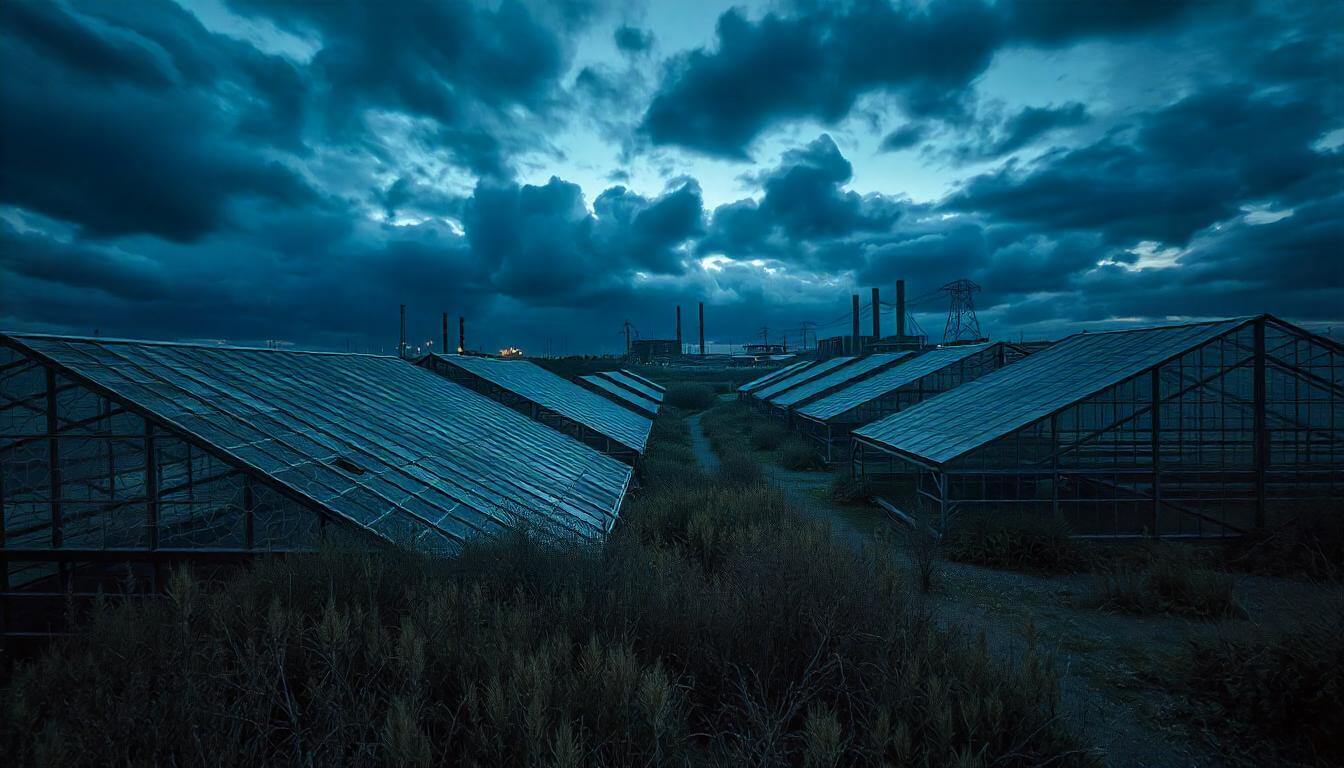In recent years, the landscape of cannabis cultivation has witnessed significant changes globally. While the Netherlands was once a dominant force in this market, emerging trends indicate a shift in production patterns influenced by various international developments. This article explores these evolving dynamics, focusing on the implications for Dutch cannabis cultivation, synthetic drug manufacturing, and the diversification of criminal enterprises.
The decline of Dutch cannabis cultivation
For decades, the Netherlands held a prominent position in cannabis cultivation. However, a marked decrease in local production is now evident. As more countries legalize and allow the growth of this soft drug, the necessity for Dutch-grown cannabis has diminished. This has led to a noticeable reduction in cultivation within the country.
Despite this drop, the Netherlands continues to play a vital role in global drug trade networks. Dutch authorities highlight that the nation remains an important hub for drug distribution. Yet, a shift towards increased importation from other countries is becoming clear. European ports facilitate these imports, ensuring constant supply even as domestic production declines.
Impact on local markets
The influx of foreign-produced cannabis into the Dutch market suggests strategic adaptations by criminal organizations. These groups find it increasingly practicable to source weed from international producers rather than rely solely on local cultivation. This trend underscores a broader expansion into diverse smuggling routes and methods.
As competition intensifies with other countries joining the cannabis cultivation scene, Dutch suppliers and distributors must innovate continuously. The need for robust import channels has never been higher as the scope of available products widens.
Synthetic drug labs and their evolution
Parallel to the fluctuations in cannabis cultivation, another concerning trend is the surge in synthetic drug production within the Netherlands. Law enforcement agencies report a growing number of laboratories operating clandestinely to meet the varied demands of the drug market.
These labs are often versatile setups, enabling quick shifts in production types according to current market needs. Synthetic drugs offer high profit margins and easy transportation owing to their concentrated forms, making them attractive to criminal enterprises.
Emerging drug varieties
An upsurge in novel drug variants like synthetic cannabis and unique cocktails such as “tusi” reflects the dynamic nature of the illegal drug industry. These new substances cater to different consumer bases across Europe, particularly in Spain and the United Kingdom.
The adaptability of synthetic drug labs gives traffickers an upper hand in supplying market-specific demands efficiently. With each novel drug variant, they can easily tap into burgeoning segments.
Diversification of criminal enterprises
Dutch law enforcement notes that drug-related criminal activities rarely exist in isolation. Criminals involved in the drug trade frequently diversify their ventures into other illicit domains, including illegal medicines, contraband cigarettes, and firearms trafficking.
This trend towards diversified criminal portfolios underscores a strategic approach to maintaining revenue streams amid varying risks and opportunities. By branching out, these groups minimize potential losses and stabilize their income against fluctuating demand for specific illicit goods.
Strategic responses to opportunity
Adapting quickly to market conditions is essential for staying ahead in the competitive underworld. Consequently, Dutch criminals do not restrict themselves solely to narcotics. Their involvement in multi-faceted illegal operations highlights their capability to exploit any arising lucrative opportunity.
Such diversification requires coordinated efforts and sophisticated logistic networks, reinforcing the interconnected nature of modern-day criminal enterprises. It’s a cat-and-mouse game with law enforcement agencies striving to keep pace.
The decline in cannabis cultivation within the Netherlands, coupled with rising synthetic drug production and diversified criminal activities, paints a complex picture of the current drug landscape. As global regulations evolve and new markets emerge, the traditional strongholds of illegal production and distribution adapt accordingly. Observing these developments offers crucial insights into broader societal and economic impacts influenced by the ever-changing world of illicit drugs.





